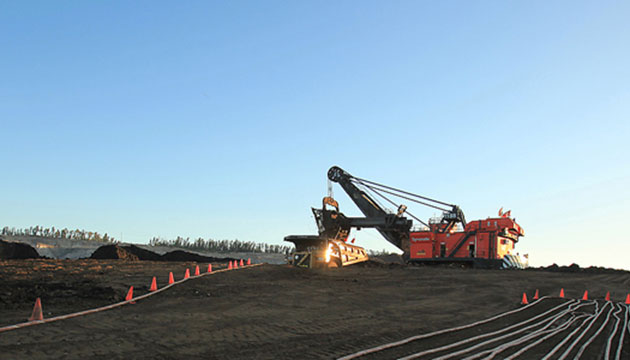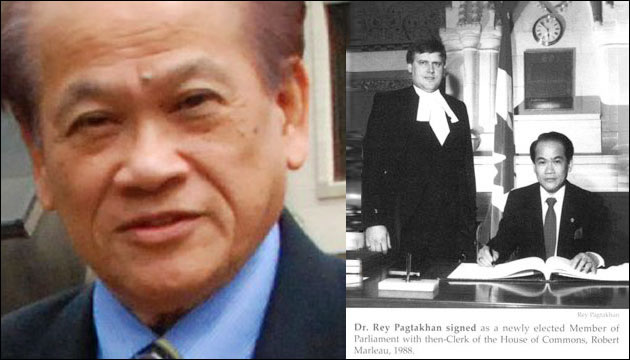The oil-producing province of Alberta is reeling from the effects of low prices for its natural resource. In 2015, Alberta lost 58,000 jobs. By the end of that year, the province’s unemployment rate rose to seven percent.
According to a 2016 report by Jhong de la Cruz, a North America correspondent of the Philippine Daily Inquirer, Elmer Cano, is one of the new unemployed in Alberta.
Cano, 39, was previously out of work when he was called back to work not long ago. Early in 2016, he was again laid off.
According to the report, Cano, father to two children, had been waiting for many months to get a job when he got the call back from his employer, Evraz North America, a pipe manufacturer for oil and gas companies.
Cano receives employment insurance (EI). The report said that based on Statistics Canada figures, there were 61,300 EI beneficiaries in Alberta in November, 2.7 percent up from the month before, or more than double the 30,300 reported in 2014.
More job losses are expected in the first half of 2016.
The report also noted that temporary foreign workers are also hard-hit by Alberta’s economic woes. Part of the reason is that with the economy slowing down, there is less need for workers in the service sector, which includes fast-food chains.
The decline in oil prices have also driven down the value of the Canadian dollar. As of January 15, 2016, the loonie was at a low C$0.68 to the American dollar.
The Philippine Daily Inquirer also reported that Marcy Viejon, 72, has been in the c business for over 30 years. She said in the report that she saw the Canadian dollar fall to P32.80 to the Philippine peso on January 8, the lowest it had been since the economic boom in 2009.
But even with such a low value, Viejonsaid that Canadian Filipinos keep sending money out of obligations to their families.













